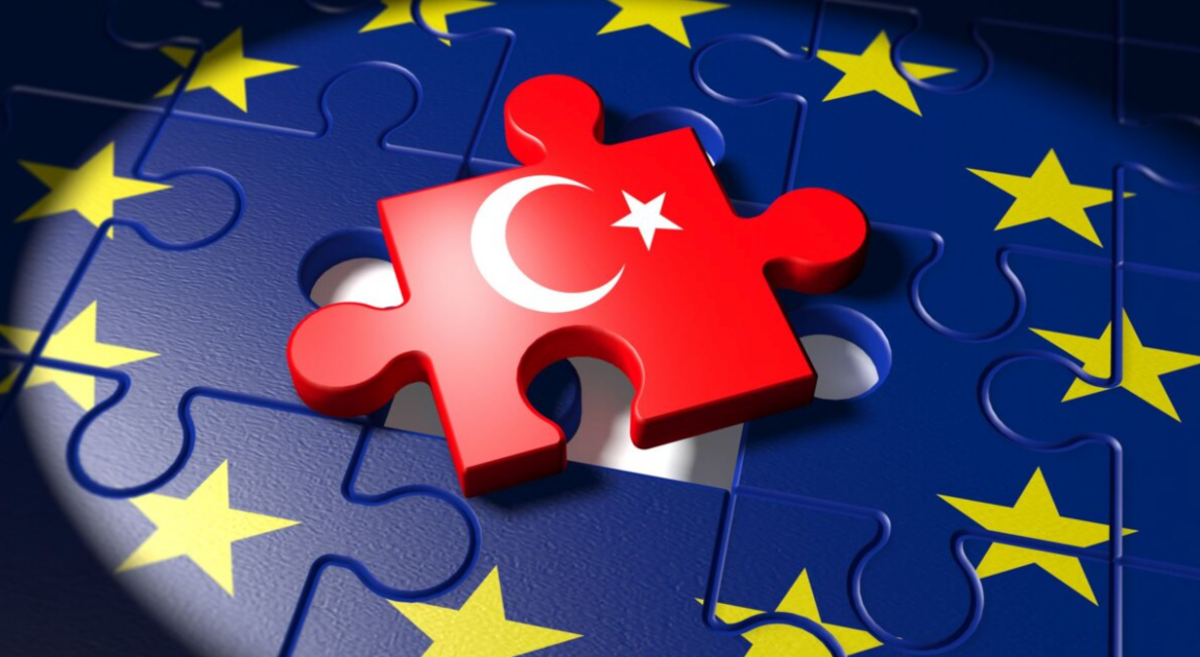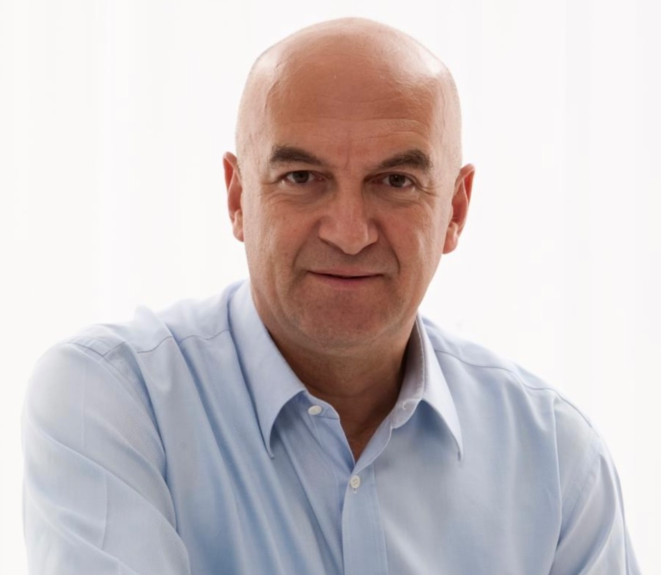Turkey’s relations with the EU continues to remain stuck in the muddle. No surprise about why it is so, why it is doomed to be that way in the foreseeable future. That the Dutch Parliament lately intervened on its own in the process is an additional factor on how solid the deadlock is.
The most recent strategic conclusions by the EU Council, held on April 17-18 in Brussels and the reactions from Turkey was the latest test about the widening gap: while the former displayed a dazzling single-mindedness in its conclusions, the latter — including a block of non-official voices from the think-tank sphere — once more stood out with their deliberate neglect of the heart of the matter - the rule of law.
“The European Union attaches particular importance to resumption of and progress in the Cyprus settlement talks in further enhancing EU-Türkiye cooperation,” said the the EU’s statement. It emphasized “committment to a comprehensive settlement of the Cyprus problem, within the UN framework, in accordance with the relevant UNSC resolutions and in line with the principles on which the Union is founded and the acquis.” And it welcomed the appointment of María Angela Holguín Cuéllar as the UN Secretary-General’s Personal Envoy on Cyprus.
“Türkiye’s own constructive engagement will be instrumental in advancing the various areas of cooperation identified in the Joint Communication,” was the conclusion, transmitted by Brussels.
Simply put, the Council was repeating the Cyprus word, falling short of making it the condition, while it in a vague language tossing the ball back to Ankara with the key words, “constructive engagement”.
In other words: business as usual, but in a sloppy manner of communication by Brussels.
“Türkiye will never accept an approach that links progress in Türkiye-EU relations to the Cyprus issue,” was the official response from Ankara. “In the coming period, we will review our dialogue with the EU on the basis of reciprocity, taking into account the pace, level and scope of the EU's steps towards Türkiye.”
Mind the word, “reciprocity”. (As a first step, Turkey decided not to attend the 20th anniversary of the EU enlargement ceremony on April 29 and lowered further participations in Brussels below ministry level.)
More or less in agreement with the official line, a few of Turkey’s own “independent” foreign policy observers went ballistic. “We regret that the European Council failed to take any constructive steps for the revitalization of Türkiye EU relations,” said the Economic Development Foundation (IKV), an Istanbul-based think tank. “Modernization of the customs union could be a game-changer for the relations and contribute to mutual benefits for the European economy and digital and green transitions.”
That the upgrading of Customs Union has remained on the agenda is well-known, but a key term was missing in IKV’s reaction: The Rule of Law.
Some of the “independent” think tanks in Turkey never has seen — or refused to see — the correlation between the judicial system and credibility; -- independence of the judiciary and trust in the system. One could blame the EU for having lost its compass on how to navigate its southerastern neighbour, but the insensitivity of the Turkish think tank sphere over the Copenhagen Criteria and lack of self-reflection are equally striking.
This gap was filled, in a surprise move, by the Dutch Parliament. A resolution, approved after a suggestion by Kati Piri, the former EU-Turkey rapporteur, and Isa Kahraman, a Dutch Parliament member from the Nieuw Sociaal Contract (New Social Contract) party, placed the release of the two prominent political prisoners as a prerequisite for further talks on the customs union within the EU.
“No upgrades to the customs union with Turkey until the decisions of the European Court of Human Rights are obeyed,” noted Kati Piri on the social media platform X.
Her messages were also helping show another gap between the voices from Turkey and how it is seen through the lense of the civilian spheres of Europe. As the Turkish “non-official” protests used terms as “EU’s hypocricy”, “lack of strategy” and (the old argument) how Cyprus as a condition would “play into the hands of those who want to steer Turkey away from the West” etc.
Yet, there was no hint on those barrage of messages, who really steered Turkey from the West in the past decade and why the “progress” was replaced by “regress”. No comments, either, on the decision by Dutch deputies.
Big divide, indeed.

Agrandissement : Illustration 1

But, objectively, how is the state of things reflected by the EU Council? Perhaps the most compact explanation belongs to Marc Pierini, a former EU ambassador in Ankara, currently with Carnegie Europe.
“Consider this” he wrote on social media X, “Top issues Turkey is the rule of law, plus foreign policy positioning…”, referring to Erdoğan’s staunch defence of Hamas, and his long disputed purchase of Russian S-400 missile systems. “Cyprus issue has been on a standstill for years,” Pierini went on. “Ultimately, progress with Turkey will depend primarily on a return to the rule of law, because it’s a core issue for Western governments and businesses; and a prerequisite for Turkey’s stability.”
That the Rule of Law in Turkey has for long diminished is a well-known fact, undeniable as it is. There are at least 40 thousand political prisoners in prisons, majority of them Kurds and Gülenists, most of whom are held behind bars on false grounds, for years. Corruption keeps eating into the very political system. Ankara systematically refuses to abide by the ECtHR rulings. Such disrespect, and the collapse of the rule of law, are major deterrent factors for international investment.
On would add two more dimensions on why the Turkey-EU relations have turned into a “dialogue des sourds”: Chances for improving the TR-EU relations, as long as the presidential system of Turkey is in place, are dim. Things may change only if a return to a some form of normality is achieved.
Second, no opposition party in TR has a convincingly clear EU strategy in their programs. They haven’t yet handled, it seems, what it really means to be “European”.
Dialogue of the deaf, indeed.



